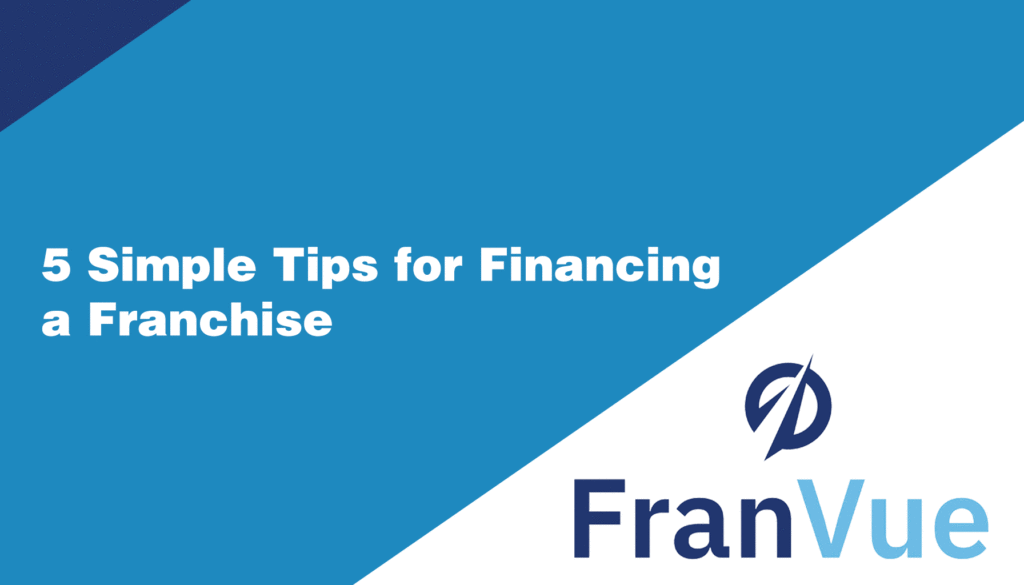There are a lot of options you can consider when trying to get the fund for a franchise business. You can obtain an SBA loan, tap into your retirement account, or opt for the franchisor’s in-house financing. You can also use your personal savings, borrow from your friends or family, or get a home equity loan/second mortgage. However, if you are thinking of seeking a loan or external financing, there are a few steps you need to take to raise your chances of being funded.
Understand the Basics
Below is a list of the things you need to consider when deciding how to finance your franchise business:
- Calculate what the total cost of financing the franchise will be. Remember to include interest rates, expenses to secure financing, operating costs for the first six months, and other expenses.
- Determine which of your assets you want to use as collateral
- Have a complete understanding of the loan terms and conditions of default for the financing options you want to explore.
- Learn how the total loan amount and monthly repayment costs will affect your present and future cash flow.
- Find out the amortization schedule of the debt, such as how long you will have to pay back the loan and how the interest rates or monthly repayments will change with time.
Increasing Your Chances of Financing
The best way to present yourself as an ideal borrower and secure financing is by focusing on the 5 C’s, including credit, capital, capacity, collateral, and character. This means having liquid cash for a deposit, a good credit history, past experience in the industry the franchise is in, personal property to use as collateral, and adequate cash flow to repay the loan. You can still secure funding if you don’t have all of these, but the more boxes you tick off for your potential lender, the higher your chances of raising the capital needed for your franchise business.
Here are five tips for raising your chances of securing financing:
- Learn About the Franchise You’re Considering. The lender will want to know many things about the franchise you are interested in. It could be the start-up and operating costs, the historical performance of the franchise, or the possible location of your new business. So, do your finding and be ready for any questions that may come your way.
- Consult with a Lawyer or Accountant When Reviewing the Franchise Disclosure Document (FDD). The FFD contains a lot of information about the franchise, including important details about start-up and working costs and contact details of the existing franchises. It also discusses marketing support, ongoing support, present or past litigation, etc. The FDD is the most crucial document you will lay your hands on during the franchise discovery process.
- Make a Business Plan. A moneylender would like to check your business plan, especially the financial projections section, before agreeing to finance your franchise. Most franchisors offer business plan templates to help you get started. You will also find information to create the plan in the FDD. Bear in mind that your business may not boom as quickly as you had hoped, so it may take longer than you expect for your potential income stream to develop.
- Boost Your Credit Score. Do whatever you can do to increase your credit rating. That may mean paying some of your debts, clearing your bills as soon as they come, or postponing your plan to buy a new car. Your credit score is one of the factors that will determine your maximum loan amount, interest rate, and payment terms.
- Get Your Down Payment Ready. Moneylenders want you to also put your own money into the business. Many of them require at least a 10-20 % deposit from the borrower to ensure that you have financial reasons to want your future franchise to succeed. Surely, you will have better chances of securing funding if you are able to deposit more money than the lender requires.


